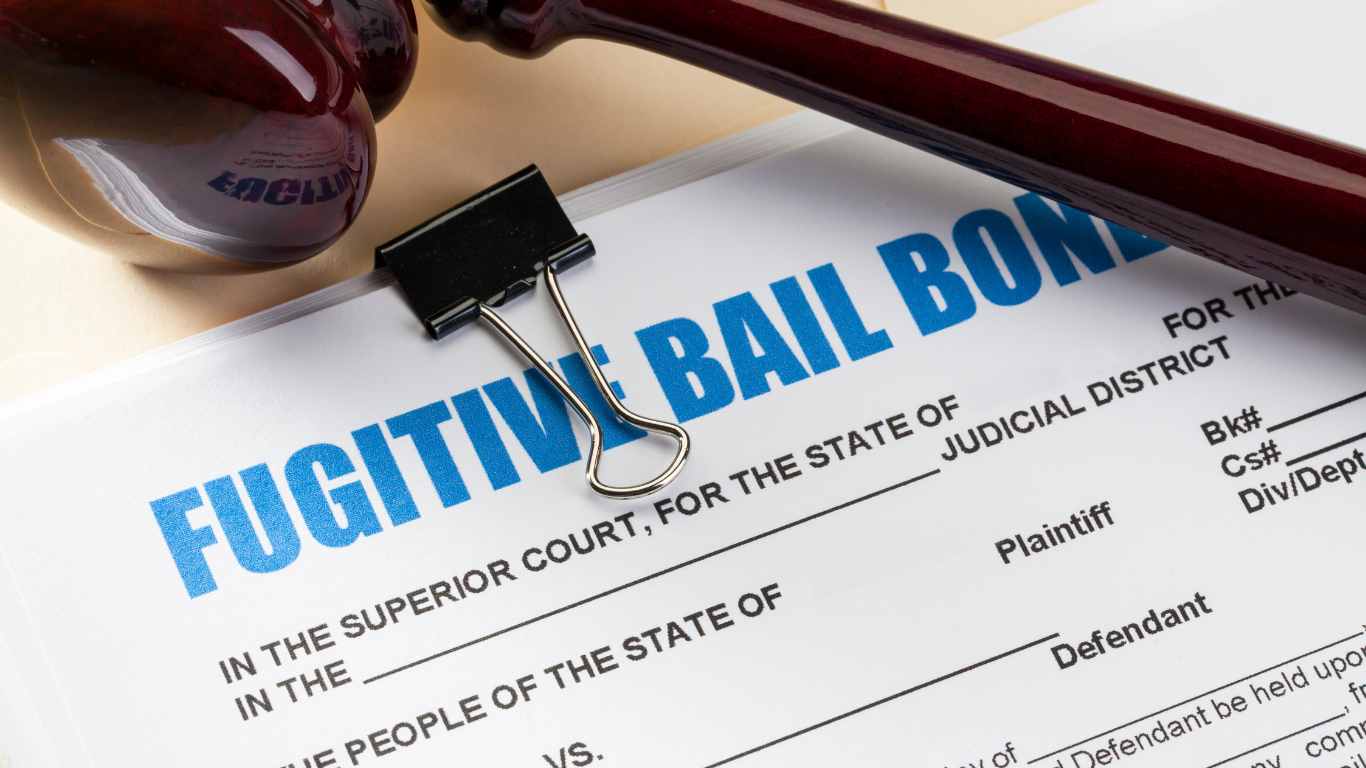When facing financial difficulties and considering bankruptcy, it’s crucial to understand how this decision may impact various aspects of your life, especially if you’re also navigating a bail bond agreement. Bail bonds often involve using collateral to secure the bond, and filing for bankruptcy can directly impact what happens to this collateral. This article breaks down how bankruptcy affects bail bond collateral, exploring potential outcomes and the legal nuances involved.
What Happens to Your Collateral in Bankruptcy?
When you file for bankruptcy, the process typically involves either restructuring your debts (Chapter 11) or liquidating assets to pay off creditors (Chapter 7). Collateral used to secure a bail bond is typically a valuable asset, such as property, a vehicle, or even cash. Filing for bankruptcy may raise questions about the ownership and security of these assets, creating a need for clarity in how this affects both your finances and your bail agreement.
The specific impacts on your bail bond collateral largely depend on the type of bankruptcy you file. Each type carries different rules and protections, which can influence what happens to your collateral.
Chapter 7 Bankruptcy and Your Bail Bond Collateral
Chapter 7 bankruptcy, also known as “liquidation bankruptcy,” involves selling off non-exempt assets to pay creditors. Here’s where it gets interesting for bail bond collateral: if you used a piece of property as collateral, it might be at risk of liquidation to settle other debts. However, some exemptions apply, potentially protecting specific assets—as law offices of mark l. miller often advise, understanding these exemptions can help in navigating bankruptcy without losing essential collateral. Fun fact: U.S. bankruptcy laws allow certain assets, like essential tools or modestly valued cars, to be exempt from liquidation to support your livelihood.
Because bail bond collateral is often a high-value asset, it may fall outside the exemption thresholds, especially if it’s real estate or a valuable vehicle. In such cases, the court may decide that the collateral asset should be sold to pay creditors rather than retained for the bail bond. This creates a challenge for those on bond, as the bail bond company may lose the secured collateral, potentially putting your bail status at risk.
Chapter 13 and Chapter 11: A Different Take on Collateral Security
If you file under Chapter 13 or Chapter 11, you have a chance to restructure your debt and keep more of your assets. Both types allow for a repayment plan, which can sometimes enable individuals to retain collateral assets that may otherwise be sold under Chapter 7. The distinction here is that with a repayment plan in place, you may continue paying down your debt in installments, protecting your property and assets from immediate liquidation.
In cases where the bail bond collateral is crucial (such as a home used as collateral), filing under Chapter 11 or Chapter 13 could be more beneficial than Chapter 7, especially if retaining the asset is vital for meeting other legal obligations. Did you know? Chapter 11 is often used by businesses to reorganize, but individuals with significant assets may also opt for this type of bankruptcy to protect valuable property.
How Bail Bonds Are Treated in Bankruptcy Court
Bail bond collateral may be treated differently in bankruptcy court compared to other debts due to its unique purpose. Since bail bonds are not traditional debts but rather agreements tied to court compliance, the collateral may receive special considerations. Courts recognize that bail bond collateral serves a specific legal function, ensuring the appearance of the accused at trial, which might impact whether the collateral is prioritized for liquidation.
However, bankruptcy courts also weigh public interest factors, such as the integrity of the legal system and the interests of the bail bond company. As a result, bail bond collateral could be preserved or prioritized differently than other assets.
Important Considerations for Bail Bond Holders in Bankruptcy
If you are considering filing for bankruptcy while on bail, here are key points to keep in mind:
- Seek Legal Advice Early: Since each bankruptcy and bail bond scenario is unique, consulting both a bankruptcy attorney and a bail bond professional from bailco bail bonds from middletown, ct, is crucial to understanding your specific risks.
- Understand Asset Exemptions: Certain assets are exempt in bankruptcy, but these exemptions vary by state. Know what protections apply to your collateral.
- Potential Court Orders: Depending on the case, bankruptcy courts may issue orders specific to your bail bond collateral, affecting the security or transfer of the asset.
Interesting Facts About Bail Bond Collateral and Bankruptcy
- Public Impact: In some cases, bankruptcy courts prioritize bail bond collateral due to its role in public safety and ensuring compliance with court proceedings. This means it’s sometimes harder to have bail bond collateral liquidated than typical assets.
- State-Specific Laws: The handling of bail bond collateral can vary significantly based on state laws and specific court decisions.
- Asset Protection Myths: Many people believe that putting everything in a family member’s name protects assets from bankruptcy, but this can lead to further complications and potential allegations of fraud if done intentionally to avoid creditors.
Navigating bankruptcy with a bail bond in place can be challenging, but understanding the process and knowing your rights can provide a smoother path. Bail bonds are unique in that they intersect both criminal and financial obligations, making it essential to tread carefully. Collateral assets may be vulnerable in bankruptcy proceedings, but certain types of bankruptcy, like Chapter 11, offer more flexibility for retaining assets tied to bail bonds.
Consulting professionals, understanding your bankruptcy options, and planning ahead can make all the difference. With the right guidance, you can manage both financial recovery and legal compliance effectively. Remember: Always keep your bail bond provider informed about any major financial decisions, including bankruptcy, to avoid jeopardizing your bond status and ensure all obligations are met without unnecessary risk to your assets.
Read More From https://latestmagazine.co.uk/

